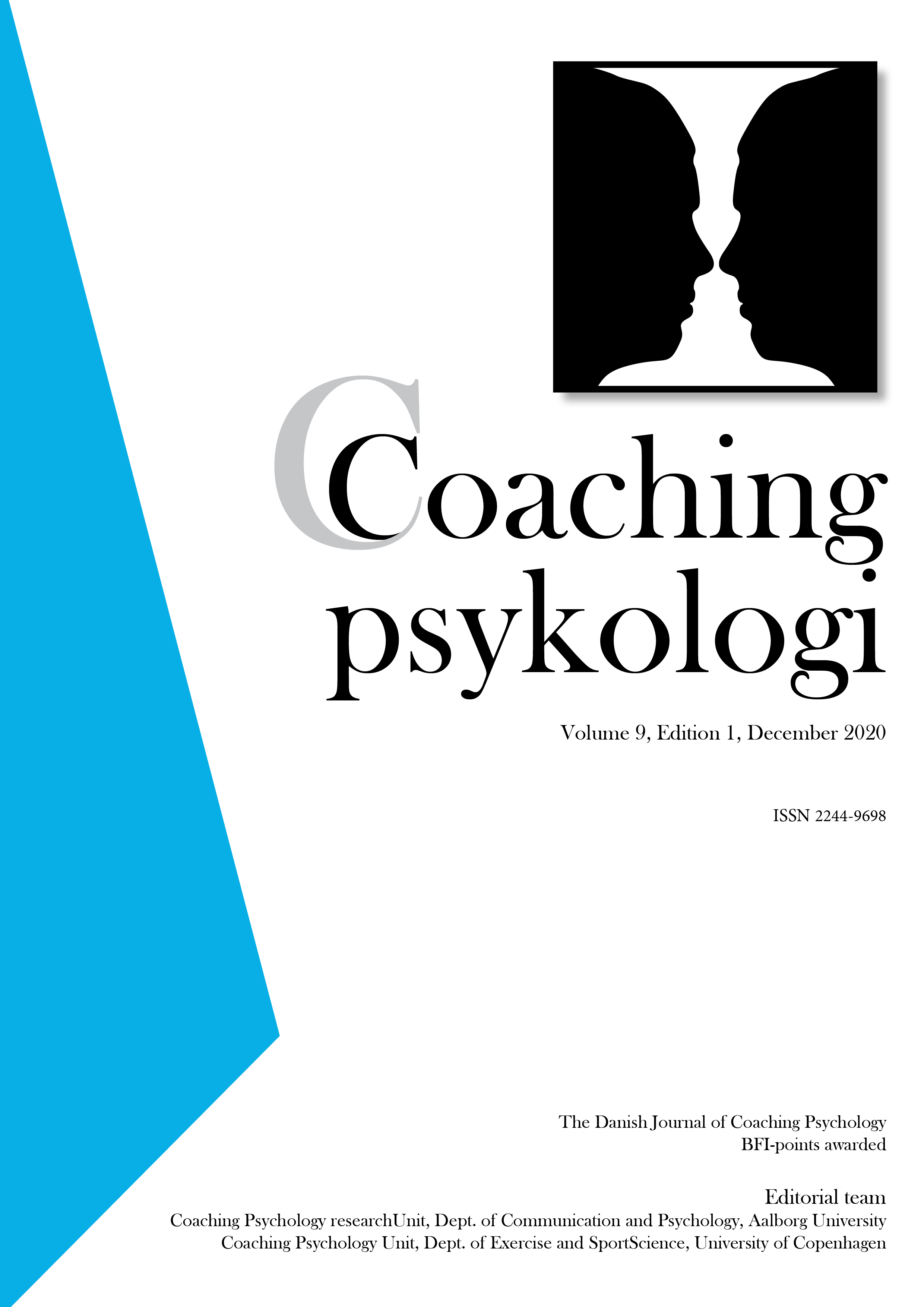Mentoring. Rådgivning eller hjælp-til-selvhjælp?
DOI:
https://doi.org/10.5278/ojs.cp.v9i1.6408Abstract
Workplace mentoring programmes for new employees are time limited and aim to end with the mentee continuing on the job without the help of a mentor. But how can a mentor both give professional advice and experience-based instructions and at the same time facilitate the mentee’s own problem understanding and problem solving? This would entail helping both as an expert adviser and as a coach, which – according to Schein’s (1999; 2010) theory on helper conversations – cannot happen simultaneously. However, through analysis of a video-observed mentoring conversation and through interviews, this article shows how this can be done in practice when mentoring conversations are scheduled, when participants respect mutual confidentiality, when the mentor has knowledge of and is skilled in facilitating helper conversations, and when inputs and professional advice are given from a standpoint of genuine interest in the mentee, so that both emotional and cognitive recognition of the newly employed person is possible (Honneth, 2006).

Downloads
Published
Issue
Section
License

Artikler publiceret i tidsskriftet for Coaching Psykologi er licenseret under en Creative Commons Navngivelse-IkkeKommerciel-IngenBearbejdelse 3.0 Unported Licens.
Forfattere bevarer deres ophavsret og giver tidsskriftet ret til første publicering, samtidigt med at værket er omfattet af Creative Commons Attribution-licensen: Navngivelse – Ikke-kommerciel - Ingen Bearbejdede Værker (by-nc-nd). Læs om licensen på http://www.creativecommons.dk/om/.

